Getting Help
How can I get Immediate Help?
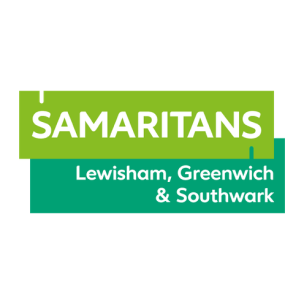
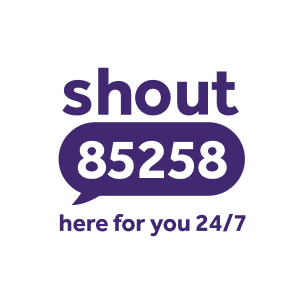

If you are concerned that you are developing a mental health problem you should seek the advice and support of your GP as a matter of priority. If you are in distress and need immediate help and are unable to see a GP, you should access one of the services below.
MyHelp is a tool for mental health practitioners to provide better experience to those seeking mental health support. We are not able to advise people directly on their personal circumstances.



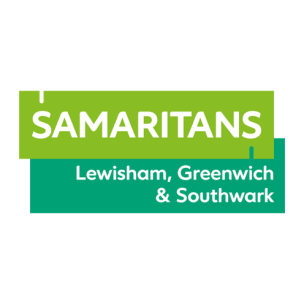
Call : 116 123 for free.
Email : jo@samaritans.org
Samaritans is available 24 hours a day, 365 days a year to speak to you about whatever you’re going through.
Samaritans can help with issues such as:
Shout provides a text messaging support for those requiring support.
Shout can help with issues such as:
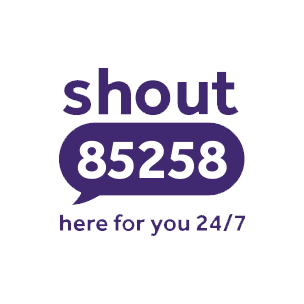
Text Shout to 85258 is a free, confidential, 24/7 text messaging support service.

If you are having difficulty understanding or controlling your emotions, or experience suicidal thoughts, please go to your nearest A&E department where you can be helped by trained professionals with experience of supporting people in distress.
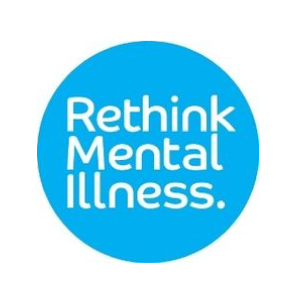
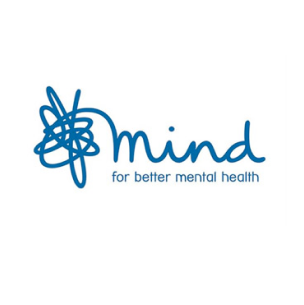

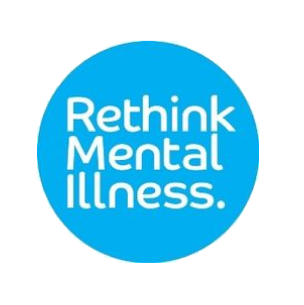
Call Rethink on 0300 5000 927 (calls are charged at your local rate).
Rethink advice and information line is available from Monday to Friday, 10am-2pm for practical advice on:
Mind offer an information line to answer questions about:
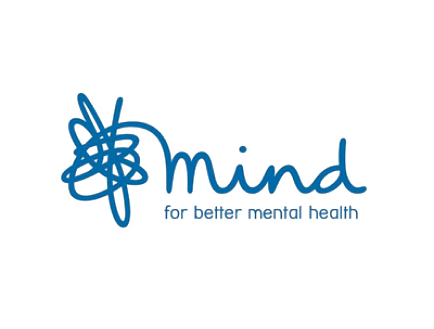
Call Mind on 0300 123 3393 (UK landline calls are charged at local rates, and charges from mobile phones will vary considerably). Lines are open 9am to 6pm, Monday to Friday (except for bank holidays)
Or email info@mind.org.uk.

You can leave a message on 07984 967 708 giving your first name and a contact number, and one of their professionals or senior volunteers will call you back as soon as practicable.
SANEline is a national out-of-hours mental health helpline offering specialist emotional support, guidance and information to anyone affected by mental illness, including family, friends and carers.
Saneline is able to support you when you feel you have reached a moment of crisis. They understand that moment of crisis is different for everybody – some people can reach that point daily, and for some people it is a rare occurrence their volunteers are available to help.
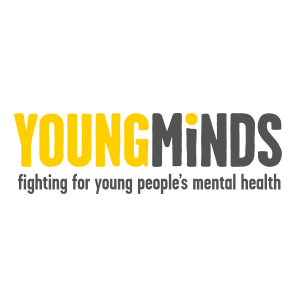


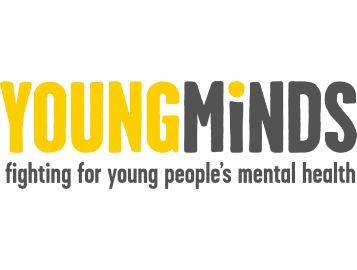
Whether you’re struggling with how you’re feeling, you want to know more about a mental health condition or medication, Young Minds can help.
YoungMinds Textline offers you free, 24/7 text messaging support wherever you are in the UK. If you need someone to talk to about how you’re feeling, text YM to 85258.
The Mix provides judgement-free information and support to young people aged 13-25 on a range of issues including mental health problems. Young people can access the The Mix's support via phone, email, webchat, peer to peer and counselling services.
Telephone: 0808 808 4994 (11am-11pm, free to call)
Email: Helpline email form

Crisis Support: Text 'THEMIX' to 85258.
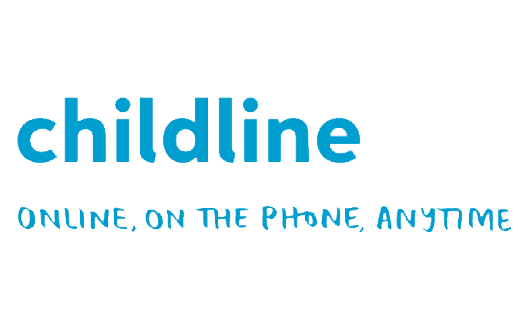
Telephone: 0800 1111
Website: www.childline.org.uk
ChildLine is a private and confidential service for children and young people up to the age of nineteen. You can contact a ChildLine counsellor for free about anything - no problem is too big or too small.
Saneline is able to support you when you feel you have reached a moment of crisis. They understand that moment of crisis is different for everybody – some people can reach that point daily, and for some people it is a rare occurrence their volunteers are available to help.
You may find it helpful to talk to someone you can trust such as your partner, a relative or a friend about your problems. They may be concerned about you and welcome the opportunity to hear what you have to say, making some suggestions to help you. If this is not possible, you may prefer to talk to someone else you can trust, like a faith leader, a colleague or a tutor.
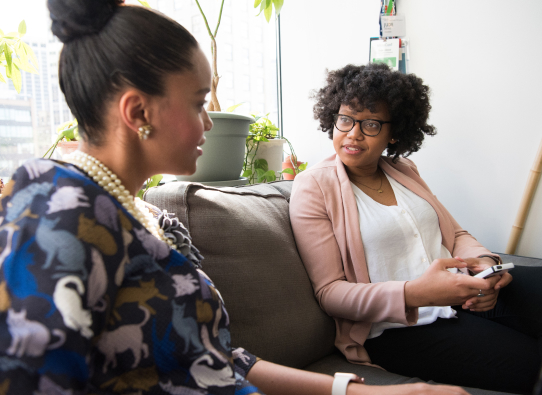

Your GP may be the first person you talk to about the problems you are encountering. If you have a good relationship with your doctor, you may find it helpful just to know there is someone you can talk to about the feelings you are having. They have specialist training to support or direct individuals with mental health problems. Your GP may refer you to specialist services if he/she feels they will help you such as the IAPT (Improving Adult Psychological Therapies) service.
If you are unhappy with your own doctor, you can ask to see another doctor at the same practice or make an appointment with a different practice in your area.
The NHS in England provides talking therapies for individuals suffering a range of mental health issues through its regional IAPT services (Improving Adult Psychological Therapies). Obtaining an appointment with the service can be through a referral from your GP or a self referral by contacting your local service. Further details can be found from the NHS website at the following link:
https://www.nhs.uk/service-search/mental-health/find-a-psychological-therapies-service/